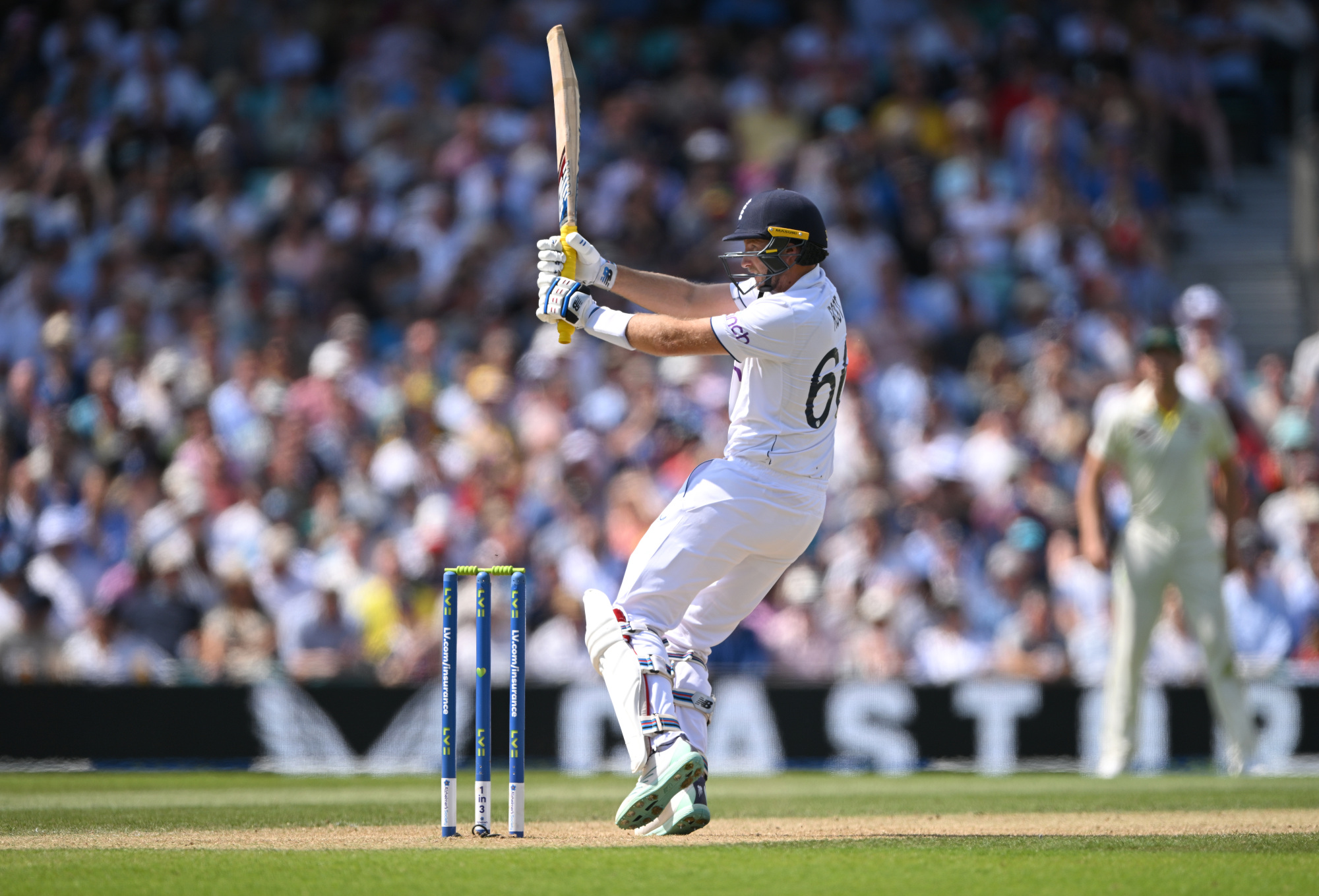Apparently, the cricket season has begun. More than that, it’s in full swing and is already six weeks old. But to the casual sports fan, there’s little sign of this. It’s hardly on terrestrial TV. I last saw children playing it in a backyard about a decade ago. I’ve no idea who England are up against this summer. The newspapers relegate it to the inside pages. Many people who once cared no longer do. Newcomers to our shores would have no clue we’re a cricketing nation. What on earth happened?
Newcomers to our shores would have no clue we’re a cricketing nation. What on earth happened?
Growing up in the 70s and 80s, as I did, cricket was ubiquitous. Ian Botham and Geoffrey Boycott were as famous as their footballing counterparts such as Kevin Keegan and Gary Lineker. The BBC held the rights, of course, and broadcast not just the international stuff but county matches too. You didn’t have to be a fan to recognise Richie Benaud and Jim Laker commentating on the telly, and Brian Johnston and John Arlott on the radio. Their voices were the sounds of the summer, along with lawn mowers and seagulls at the beach.
And now? I reckon Joe Root could walk down the high street completely unrecognised. Freddie Flintoff is more famous for presenting Top Gear than beating the Aussies. Ask your average person to name the England men’s captain (Ben Stokes for Tests, injuries permitting) and I reckon nine out of ten wouldn’t have a clue. Then ask a typical teenager whether they’d care if England won the Ashes, and they’d probably wonder what on earth you were on about.
And why should they care, given the dramatic decline of school cricket? The number of state schools entering competitions has, I’m told, dropped by a third in 20 years. Those that do play cricket are often pretty half-hearted, rotating it with other sports, so youngsters might get just 12 hours playing time a year.
We shouldn’t be surprised, then, that according to Warwickshire CCC researcher Tom Brown, looking at all England’s Test batsmen between 2011-22, ‘you were 13 times more likely if you’re white and privately educated to be selected as a professional cricketer than if you’re white and state educated.’ If that’s the shrinking pool we’re drawing on, I can’t see England winning much. The women’s team has just been thumped in Australia, and the men will no doubt go Down Under next winter as big underdogs.
There is clearly a long-term investment issue, and people still talk about Thatcher’s government selling off sports fields. Last year, the England and Wales Cricket Board announced a £3.5 million investment in school coaching and £26 million for facilities. It’s laudable, but frankly a drop in the ocean.
Because the bigger issue is simply that cricket is no longer part of our national conversation. The trouble really started when summer Tests were sold off to the highest TV bidder, requiring viewers to pay. The 2005 Ashes were marvellous for England, and I watched avidly, but that’s the last summer series shown free-to-air.
Getting broadcasters to pay top dollar might make short-term economic sense for the game’s administrators, and, yes, BBC Radio’s Test Match Special remains utterly wonderful and free. But there’s nothing like seeing the game, and because few of us can do so without money, time, patience and effort, cricket is pretty invisible. The football World Cup and Euros are always on terrestrial TV. So too the Rugby World Cup. But the cricket one? The tournament was last broadcast free to all in 1987.
If anybody doubts the importance of this, remember that burst of excitement when England’s World Cup victory of 2019 was shown on Channel 4 for one day. It’s the only time in many years I’ve heard children in my street enthusing about the game, with one pretending ‘to smash it like Stokes’.
Some will say that if I want to see cricket, The Hundred is great fun and a Sky subscription is good value. You can even see the IPL live from India and watch all those sixes flying into the stands like baseball hits. Well, that’s fine for the enthusiast who has a bob or two. But your average punter, time poor and counting the pennies, won’t do it.
So, whereas not so long ago cricket was to summer what turkey is to Christmas, it’s now about as niche as volleyball, and the top stars are less famous than snooker players.
The solution? Ideally, we’d travel back a few decades and correct the egregious errors that led to the money flowing but the game shrinking from sight. Failing that, let’s start by having a minimum of one Test shown live on terrestrial every summer. At least then we’ll get to see what Joe Root looks like. And we’ll know the season has actually begun.








Comments